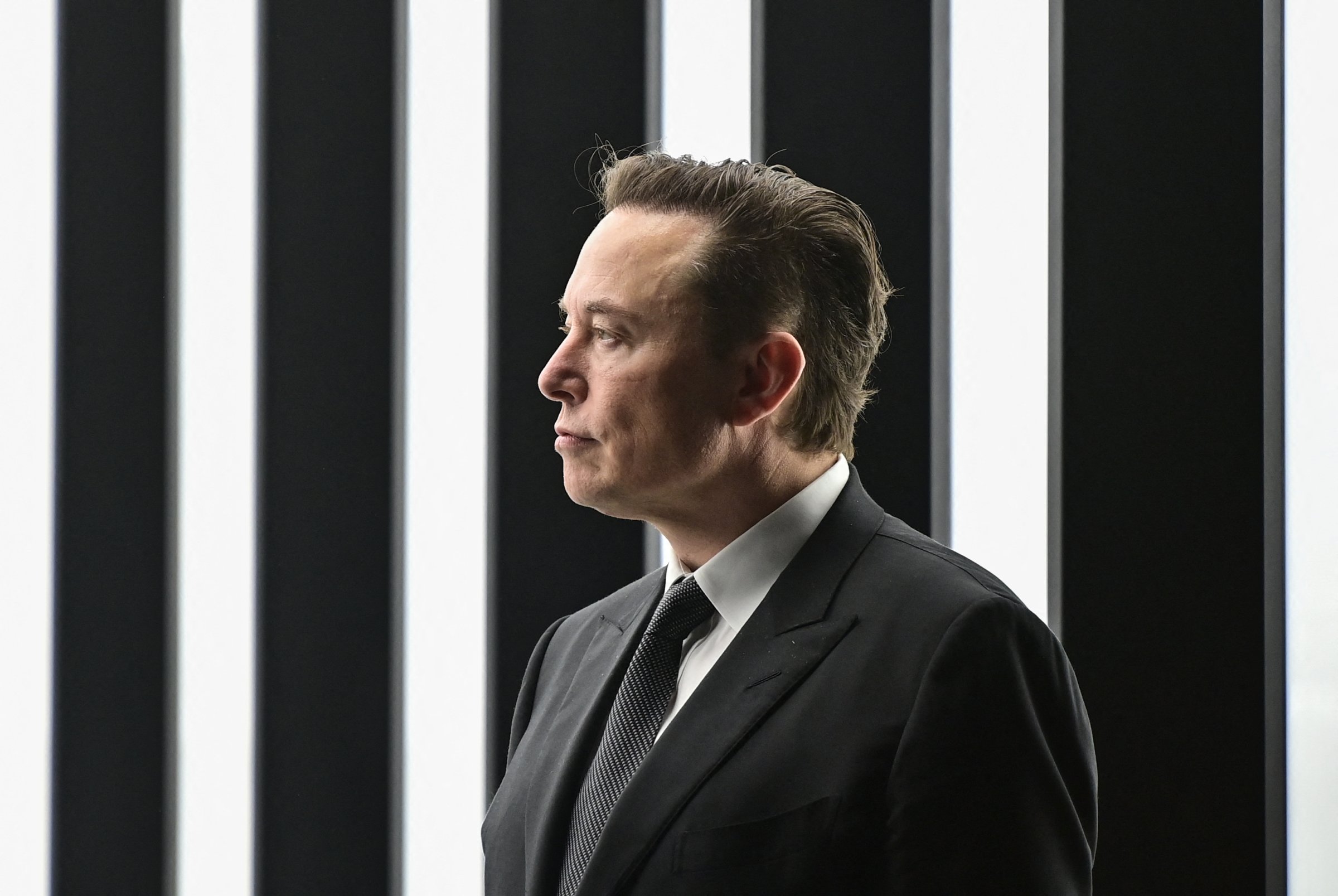
Elon Musk is on trial for a Twitter-related controversy dating back to 2018, and on Friday he defended his actions in a San Francisco court.
The trial revolves around Musk’s tweets from August 2018 where he claimed that he had secured financing to take Tesla private, spurring a stock frenzy that many of the automaker’s shareholders claim ruined their shares.
Musk said in court that it was difficult to link Tesla’s stock price to his tweets, and also said that his tweeting was “the most democratic way” to share information.
“Just because I tweet about something doesn’t mean people believe it or will act accordingly,” he said in front of a nine-person jury.
The class-action lawsuit was brought on behalf of shareholders who owned Tesla stock during the instability in 2018, alleging that Musk used his platform to commit fraud
Here’s what to know:
What happened in 2018?
On August 7, 2018, more than four years before Musk bought Twitter, he tweeted that he had “funding secured” for a $72 billion buyout of Tesla, and that he would take the company private for $420 a share. A few hours later he followed up with a second Tweet that many believe made the deal sound imminent.
“Investor support is confirmed. Only reason why this is not certain is that it’s contingent on a shareholder vote,” Musk tweeted.
At the time of the tweets, Tesla’s stocks had been doing poorly—one of the most heavily shorted stocks on the market—and the company was experiencing widespread production issues. Musk’s Tweets caused an immediate surge and seemingly caused a rally in the company’s stock prices for the next 10 days until Musk said that there would be no buyout. When Tesla’s shares climbed so high, it put short sellers at substantial risk of loss.
It became clear that a deal wasn’t and may never have been on the horizon and Musk ended up paying a $40 million settlement to securities regulators who also required him to step down as Tesla’s chairman. The Securities and Exchange Commission charged both Musk and Tesla with civil securities fraud and each party had to pay $20 million in fines.
Not long after the buyout fiasco in 2018, Tesla’s production picked up and subsequently, so did its shares. The company was manufacturing enough cars that its stock soared, and in 2021 Musk became the wealthiest person in the world. His acquisition of Twitter last year knocked him out of that spot, but he remains one of the most influential billionaires in the world.
The trial unfolds
The trial began Jan. 17 with a nine-person jury selection.
Musk’s legal team has argued that as a savvy businessman, Musk had been in preliminary talks with Saudi Arabia’s Public Investment Fund as a potential investor. They said that Musk had spontaneously tweeted about the opportunity in an effort to be transparent.
Former Tesla shareholders have already begun testifying that amid all the chaos that week in 2018, many of them sold off their stocks and saw significant dips in the shares they kept. U.S. District Judge Edward Chen is presiding over the trial and ruled that the plaintiffs can’t bring up Musk’s $40 million settlement.
The case rests on the plaintiffs’ argument that Musk knowingly drove up Tesla’s stocks and never truly had plans to take the company private. Some of Tesla’s top executives and board members from 2018 are on the witness list, including Oracle CEO Larry Ellison and media mogul Rupert Murdoch’s son, James Murdoch.
Although the court adjourned for the weekend, Musk is due back in the courtroom on Monday. The trial is set to span three weeks, continuing through Feb. 1.
More Must-Reads from TIME
- Inside Elon Musk’s War on Washington
- Meet the 2025 Women of the Year
- The Harsh Truth About Disability Inclusion
- Why Do More Young Adults Have Cancer?
- Colman Domingo Leads With Radical Love
- How to Get Better at Doing Things Alone
- Cecily Strong on Goober the Clown
- Column: The Rise of America’s Broligarchy
Contact us at letters@time.com